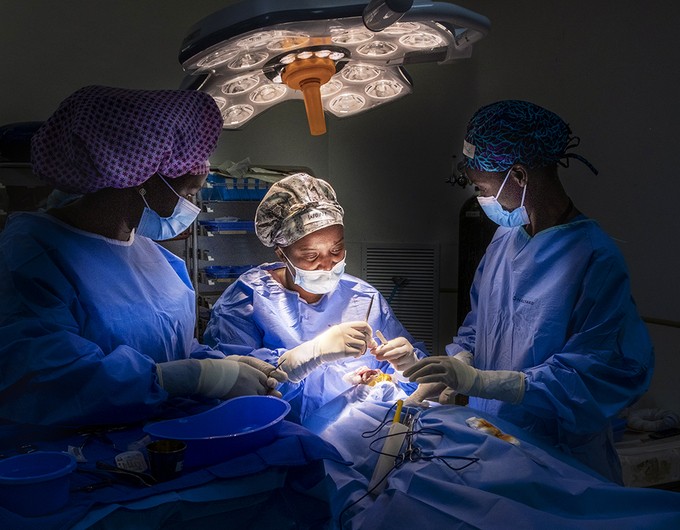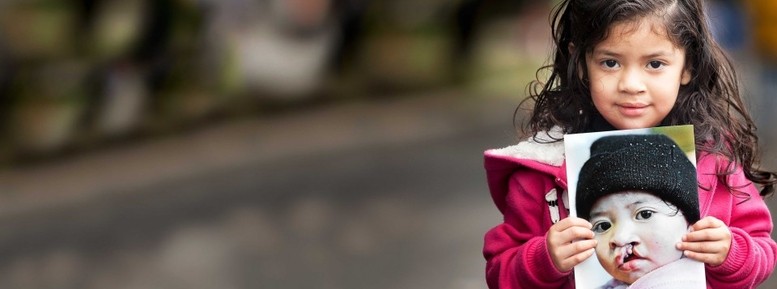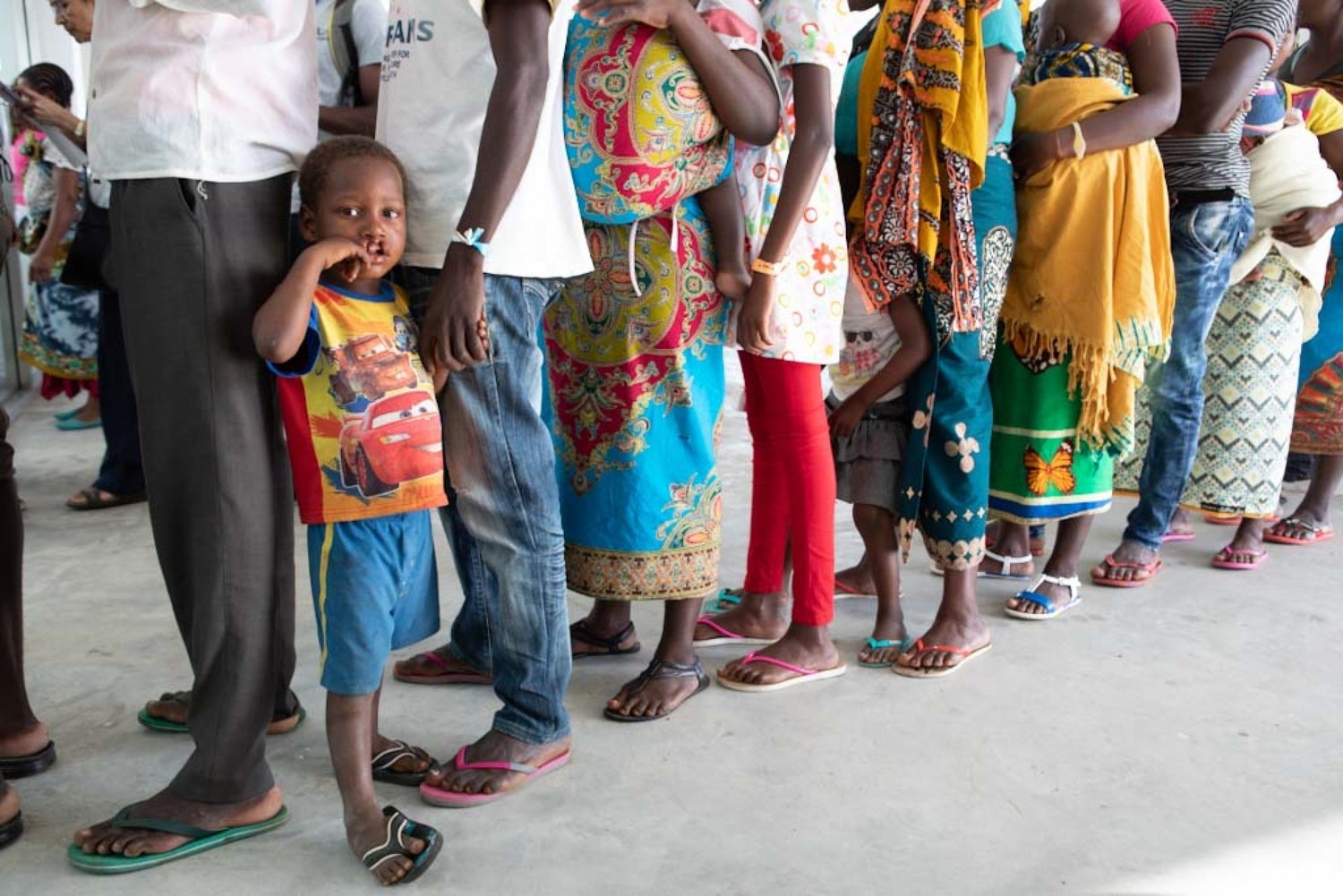
As we step into this new year, we remain steadfast in our long-term commitment to address the barriers preventing our patients from living happier and healthier lives.
Despite the impact the COVID-19 pandemic has had on our programs, we refuse to be complacent in our pursuit to not only find what causes cleft lip and cleft palate but explore how the need for surgery goes beyond the physical transformation.
While January is National Birth Defects Prevention Month, conversations we’ve had over the years have taught us that many people affected by cleft conditions don’t wish for their difference to be labeled as a “defect,” as if they are defective, broken or incomplete.
Nothing could be further from the truth.
That’s why we always choose to put people first – quite literally – when we tell their stories.
Rather than assigning identity to the people we serve by labeling them “cleft patients,” which defines them by what brings them the most suffering in life, we know that, really, they’re people who were born with cleft conditions.
They are people first, and we keep this close to our hearts.
To uphold the dignity of our patients, we’re using this opportunity to break down stereotypes, address common misconceptions and educate people on how we’re actively seeking out the true causes of cleft.
We strongly believe that every person – no matter where they live or how they look – deserves to be respected and treated with kindness.
But for many people living with unrepaired cleft conditions, this isn’t the case.
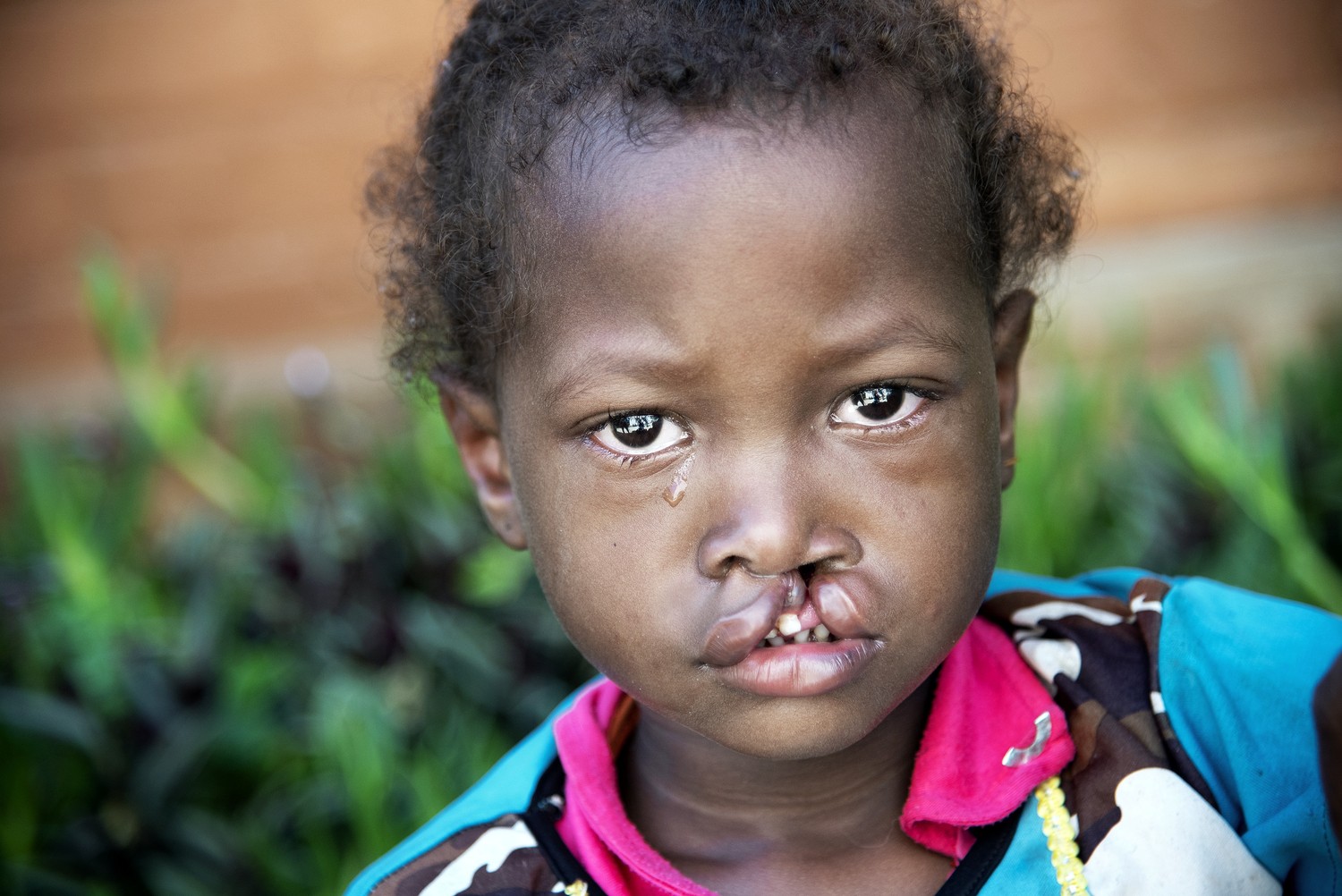
In reality, children born with cleft are often mistreated, abused and disregarded by members of the community – or even their family – and feel deprived of any opportunity to live the life they want.
Life before surgery can feel lonely, as many are isolated from their communities due to the painful stigmatization surrounding a condition caused by factors completely out of their control.
Lacking awareness on the cause of cleft conditions leads to some believing that those with cleft in their communities are cursed and the condition could spread to them through contact or sharing a cup of water.
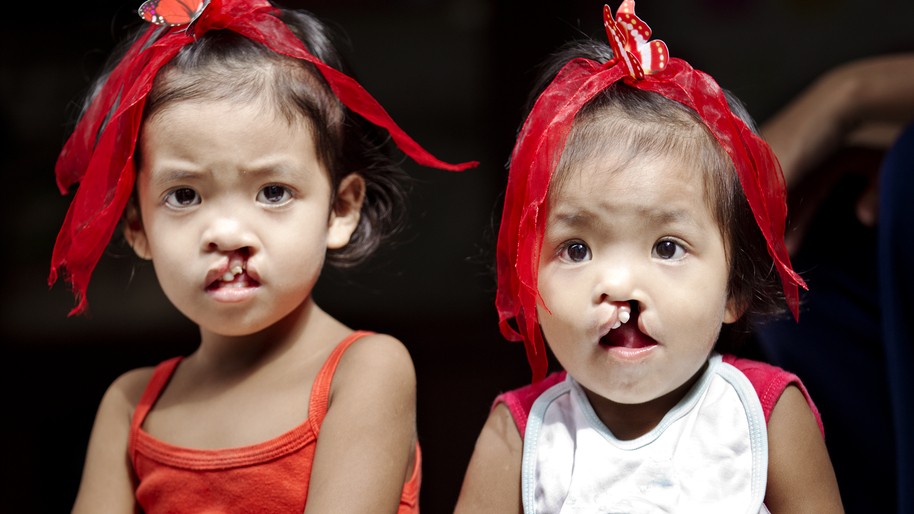
This is why we’re proud to say that we’ve teamed up with the University of Southern California and Children’s Hospital Los Angeles to initiate the International Family Study (IFS) in an effort to conduct further research into what causes cleft lip and cleft palate.
Pinpointing the causes of cleft conditions and, one day, preventing them means that patients and their families could avoid fear, pain and needless suffering that stems from a lack of knowledge.
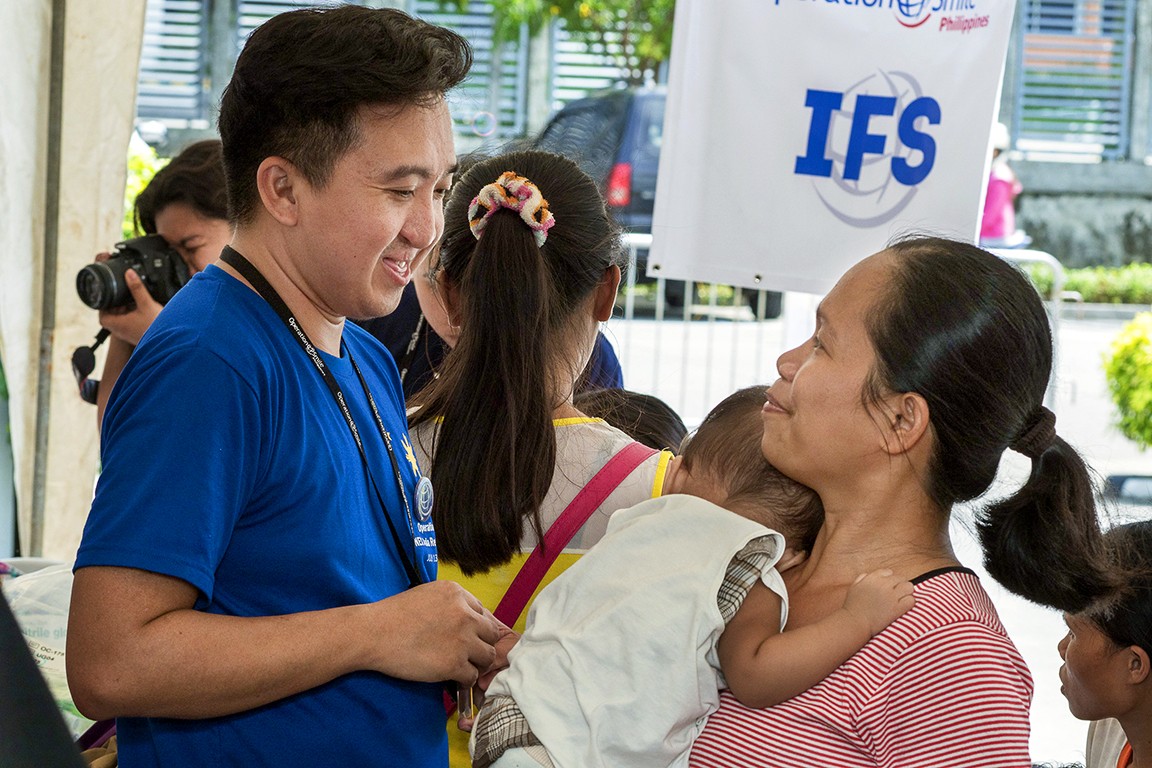
During a 2018 Operation Smile medical mission in the Philippines, a country with an overwhelming presence of cleft conditions and where we’ve focused a major portion of our IFS efforts, Shennene and her husband, Joemar, arrived with their son, George, who had a cleft lip.
While speaking with the family, volunteers learned that both sides of the family have a long history of cleft conditions.
They were also told by Shennene that she was five months pregnant with their second child, who she believed would be born with a cleft condition after receiving an ultrasound during a routine check-up.
“Family must cause this,” Shennene said, with Joemar nodding in agreement.
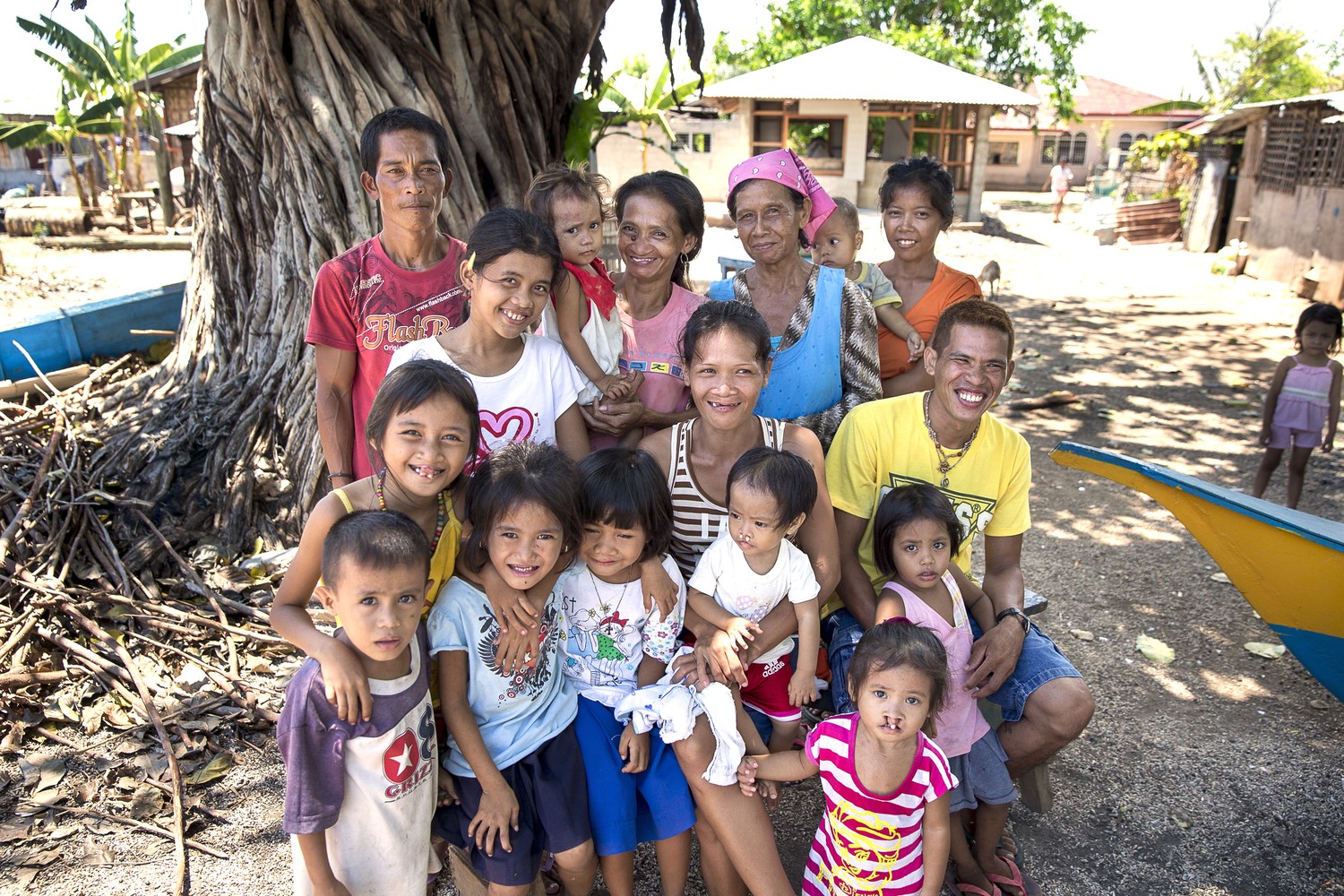
There are so many stories like George’s spanning all around the world.
Eight-year-old Loraine from the Philippines, her father, many of his sisters and their children were also born with cleft conditions.
With both families having an unusually high number of cases and many harmful misconceptions surrounding the cause of cleft conditions, our IFS team got to work right away seeking a solution for patients like Loraine and George.
Trisha In, member of the four-person IFS team assigned to the medical mission in Iloilo City, said, “It’s really important for us to find out what we can do to prevent it because that’s one of the best ways to lower that burden in these countries.”
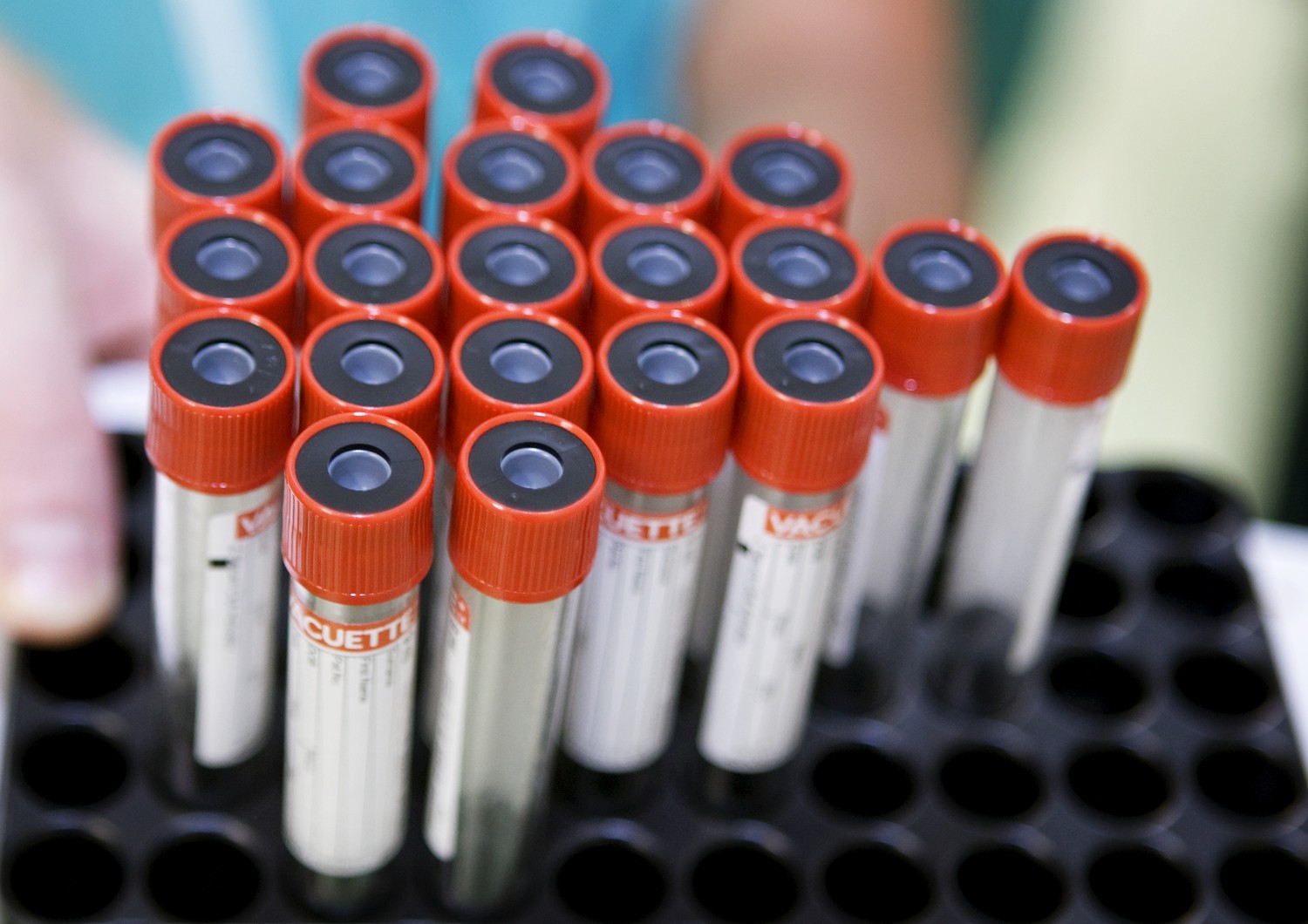
As of 2020, the IFS team has collected more than 17,000 individual saliva samples representing more than 7,200 families, creating the largest and most diverse genetic repository of cleft samples globally.
Contributing risk factors can include lifestyle, environment and genetics. With the data at hand, our teams have made strides toward determining the cause.
For Operation Smile, it’s not simply advocating for cleft condition prevention. It’s a personal commitment.
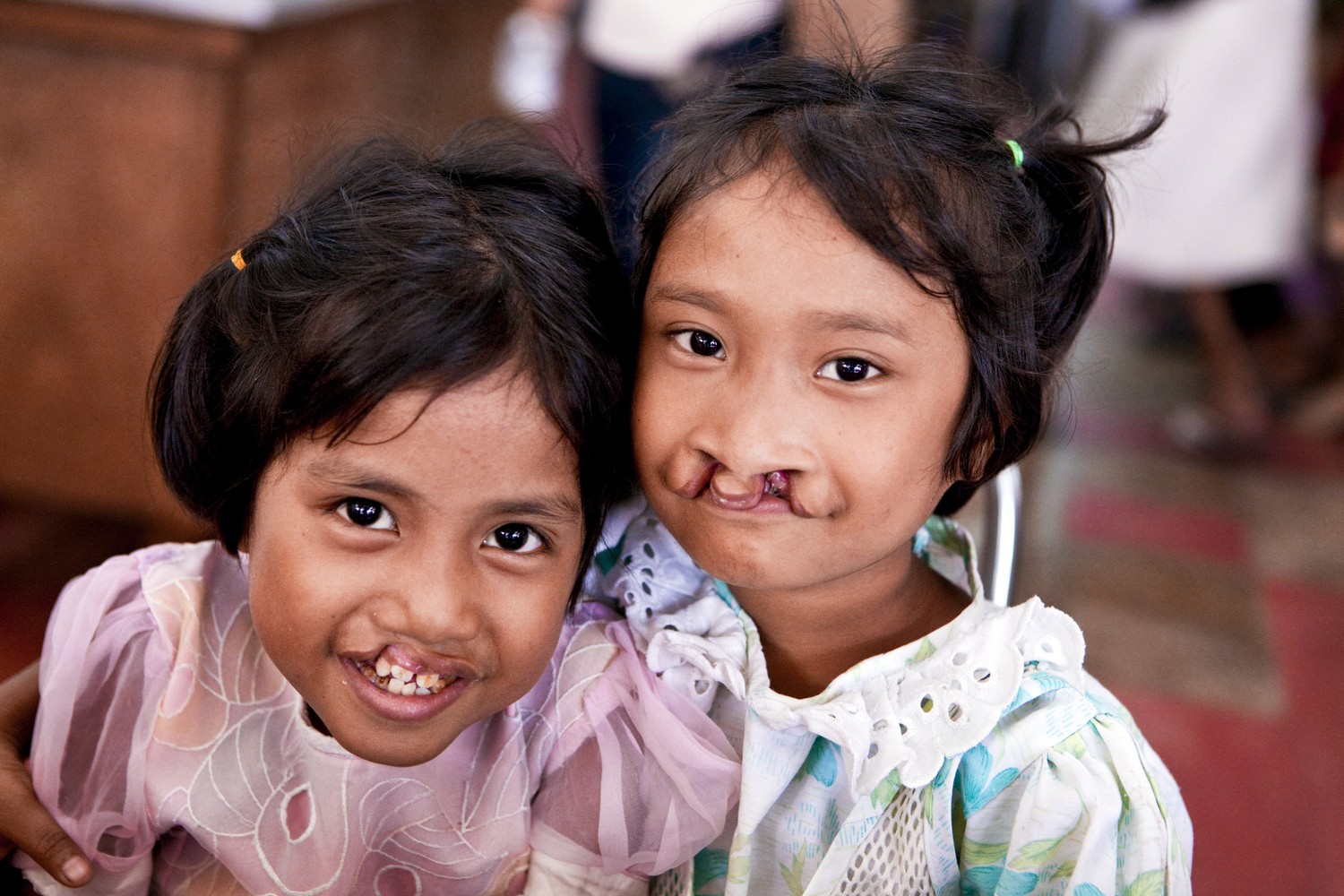
“Society needs to destigmatize cleft lip and cleft palate because a lot of people would just look at a child and automatically assume these things when our study has demonstrated that there is no clear-cut reason why this happens,” Trisha said.
While George and Loraine received the surgeries they needed from Operation Smile, the preventative measures that the IFS could make possible has the potential to empower families and communities to realize a future where fewer children are born with cleft conditions.
We’re driven by our ambition to provide the communities we serve with more knowledge, more certainty and more hope.
With our advancements in preventative research and years of delivering care around the world, Operation Smile strives to not only restore a person’s health and dignity, but also present opportunities for patients after surgery to reintegrate into their society and recognize that they are – and always have been – worthy of happiness.
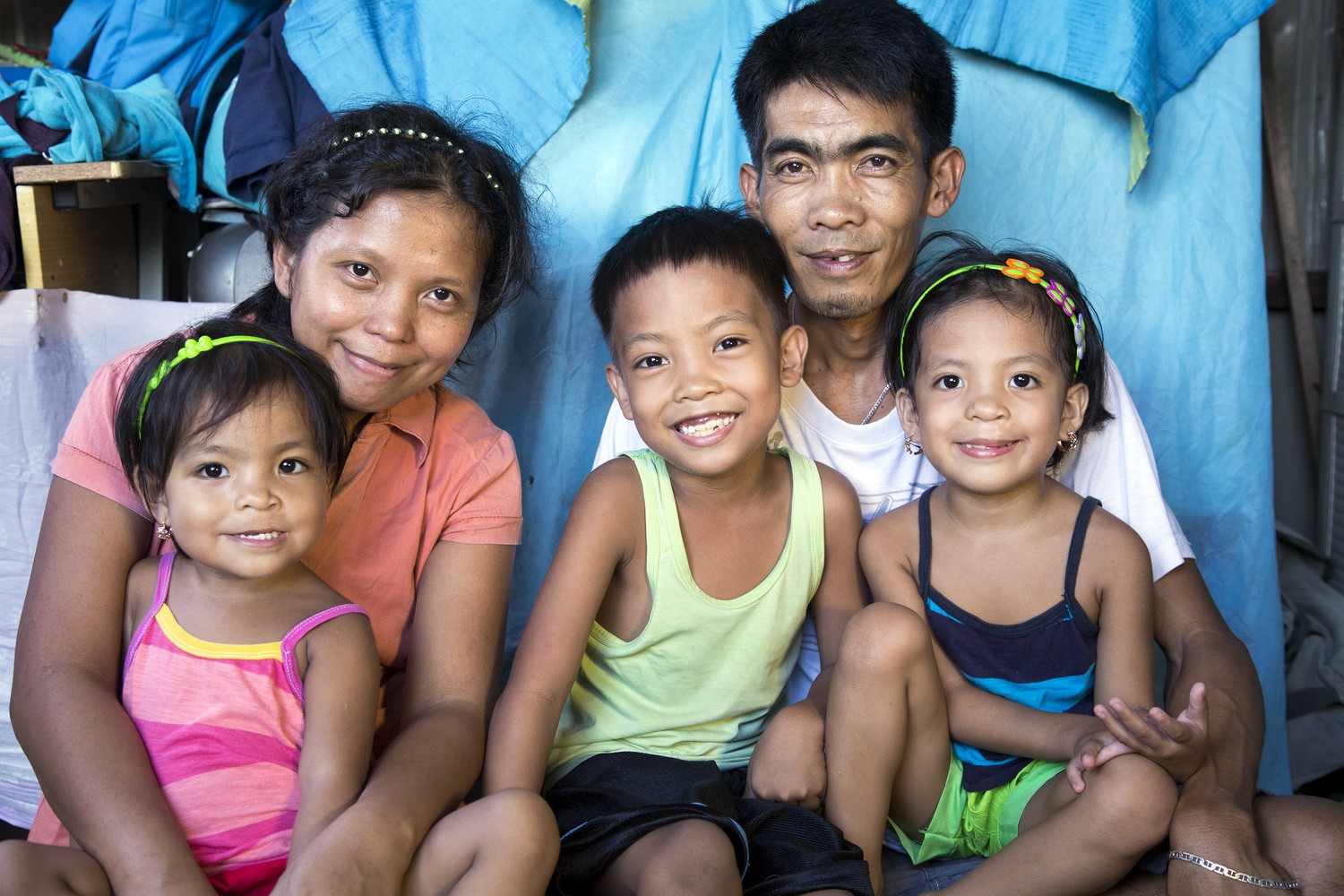
Our promise of improving health and dignity during the COVID-19 pandemic endures. We’re helping front-line health workers stay safe, nourished and empowered to better serve their patients by providing life-saving supplies and equipment, as well as remote training to bolster their response. We’re also providing nutritional assistance, hygiene kits and virtual health services to support people and their health needs so they can thrive.
Latest Stories
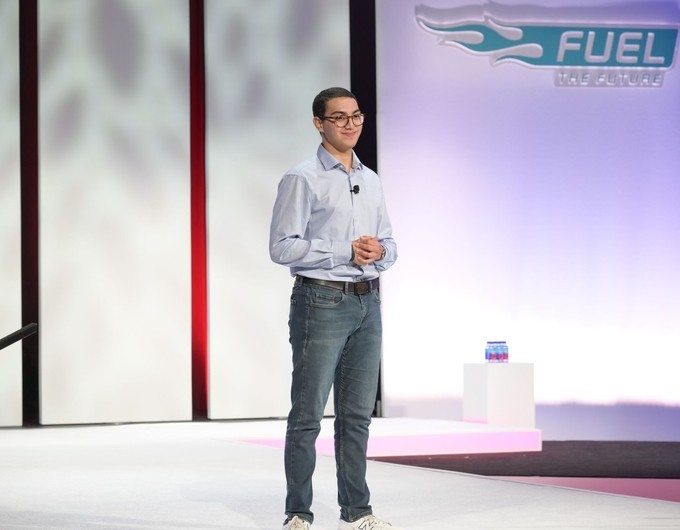
A Former Patient, Aymane Now Shares His Story
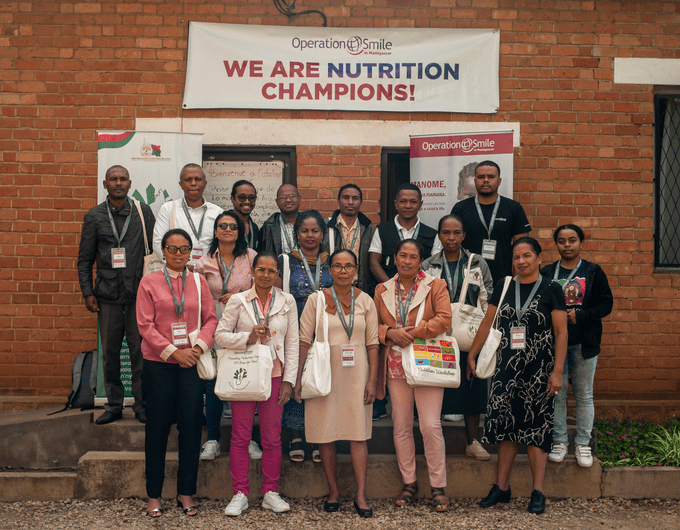
What is Operation Smile's Nutrition Program?
